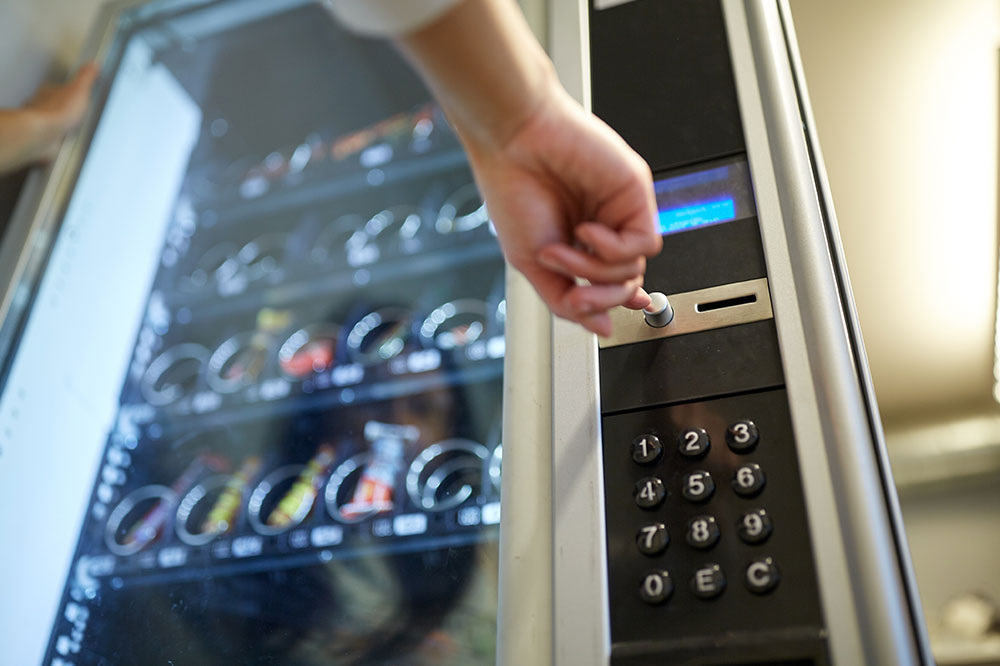Overcoming the Key Obstacles in Starting a Vending Machine Business
Starting a vending machine business offers lucrative opportunities but also comes with significant challenges such as high startup costs, security risks, logistical expenses, and inventory management. Success relies on strategic location selection, security enhancements, efficient operations, and market-aware inventory planning. Proper preparation and continuous market adaptation are essential to thrive in this competitive industry.

Launching a vending machine business can be an attractive entrepreneurial venture, particularly for individuals seeking a low-maintenance operation that offers convenience to consumers around the clock. These machines are incredibly versatile and can be placed in various locations such as office buildings, schools, gyms, and high-traffic public areas, providing easy access to snacks, beverages, and even non-food items. While the opportunity appears promising, aspiring operators must be aware of several critical challenges that could hinder success. Addressing these obstacles requires strategic planning, market insight, and ongoing management.
One of the primary considerations for starting a vending machine enterprise is the substantial initial investment. The cost of a high-quality vending machine can start around $3,000 for a basic model, with more sophisticated or larger machines costing significantly more. If your plan includes cold beverage options or perishable items, additional expenses for refrigeration units and temperature controls will be necessary. Finding suitable locations is another crucial factor. Securing prime spots often involves negotiations and may require paying rent, a percentage of sales, or both. Many successful vending operators invest considerable effort into building relationships with property owners and business managers to secure profitable placement.
Security is a significant concern for vending machine operators. These unattended machines are vulnerable to theft, vandalism, and sometimes even malicious damage. To mitigate these risks, many operators install security cameras, robust locks, and tamper-proof features. Despite these precautions, theft and vandalism can still occur, leading to financial losses and added maintenance costs. Ensuring the safety of your assets is an ongoing task that requires vigilance and investment in security infrastructure.
Operational costs comprise a large chunk of expenses in running a vending machine business. Managing multiple units involves regular restocking, cleaning, maintenance, and troubleshooting for mechanical or electronic issues. Transportation of inventory from suppliers to each location adds further costs and logistical complexity. Repairs and maintenance are inevitable as machines age or encounter technical problems, so budget planning should include funds for these contingencies. Efficient scheduling and route optimization are essential to minimize transportation expenses and maximize profit margins.
Inventory management presents an ongoing challenge. Not all stocked items will sell equally; some products may remain unsold for extended periods, especially if they are not in high demand in a specific location. Overstocking leads to waste and loss of capital, while understocking results in missed sales opportunities. Conducting thorough market and location research helps predict customer preferences and improves sales turnover. Utilizing sales data and customer feedback allows for better inventory decisions, minimizing unsold stock and maximizing profitability.
Finally, adapting to market trends and consumer preferences is vital. The snack and beverage industry evolves rapidly, and vending operators must keep pace by offering popular, health-conscious, or trending items. Staying updated on new machine technology, payment options such as contactless and mobile payments, and eco-friendly practices can give your business a competitive edge. Additionally, staying compliant with health and safety regulations ensures your business remains reputable and trustworthy.
In conclusion, while starting a vending machine business can be a lucrative endeavor, it demands careful consideration of the initial investment, security measures, operations, inventory management, and market adaptation. Success hinges on comprehensive planning, consistent management, and a good understanding of customer preferences and location dynamics. Entrepreneurs willing to tackle these challenges can benefit from a flexible, potentially passive income stream that serves a broad customer base around the clock.





